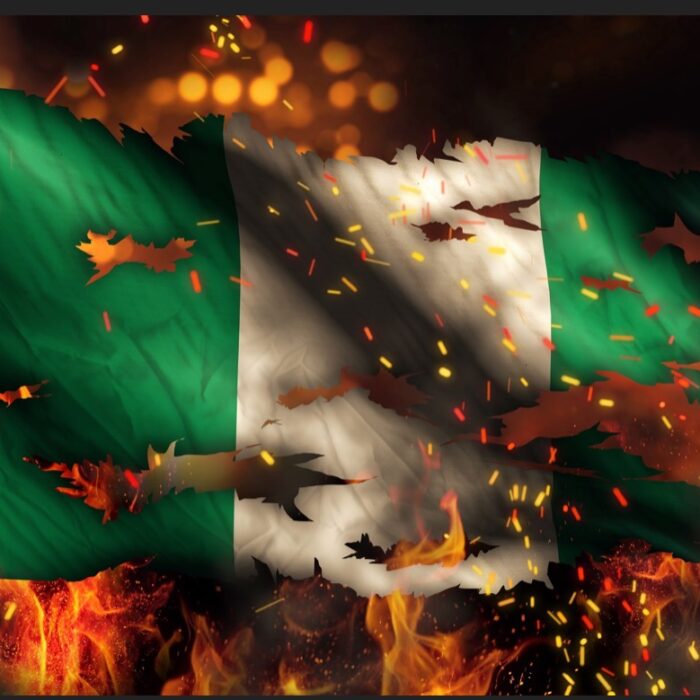By Noah Udoffia
I have always staunchly opposed wars and the harming of civilians, and I will continue to do so with unwavering determination. In every regard, war constitutes a breach of our common humanity.
As a young boy during the Biafra-Nigeria war, I personally witnessed the profound suffering and deprivation inflicted upon people out of rage, revenge and dominance. This haunting experience has remained a part of me all my life, and in the face of unspeakable tragedy, I have steadfastly chosen to embrace life.
It is in this context that the ongoing human tragedy in Gaza between Israel and Hamas fills my heart with monotonous sadness.
I have friends whose family members were killed and who lost friends in Hamas’s murderous attack on Oct. 7. I also have friends whose families were killed or injured in Gaza in the days that followed.
My heart aches for every life lost or affected by these tragedies, and I firmly believe that no life is more valuable than another.
Israeli and Palestinian lives are equally precious, and it’s crucial to understand that human life should never be a zero-sum game. The choice must be life for both sides in these life-or-death situations.
It’s also essential to differentiate between Hamas and the Palestinian people. Hamas is a product of the ongoing conflict and has been imposed on the people of Gaza. Many Palestinians disapprove of Hamas and its ideology.
The destruction of Gaza through relentless bombing, blockades, and the denial of essential resources is a result of public rage and vengeance against Hamas’s murderous attack in Israel.
While Israel has the right to self-defense, it should strive to avoid causing harm to innocent Gaza residents. But this is not the case.
The incomprehensible devastation in Gaza, along with the untimely loss of thousands of innocent Palestinian children and women, has left the world in shock and prompted significant concerns about the future of Gaza and its people.
Amidst this darkness, I’ve also witnessed a glimmer of hope through my involvement in an interfaith organization. Ordinary individuals from diverse backgrounds, including Jews, Arabs, Palestinians, and Israelis, have come together in faith and community to promote reconciliation and peace in the face of unspeakable tragedies. This ought to give us hope.
Still, this recurring pattern of violence and death will inevitably lead to further hardship for both Israelis and Palestinians, as those who survive this current conflict may carry on the cycle of bloodshed in the future.
Ultimately, the world must unite to put an end to this atrocity before it escalates into another catastrophic global conflict. The sole resolution lies in the establishment of enduring peace between Israel and its neighboring nations.



